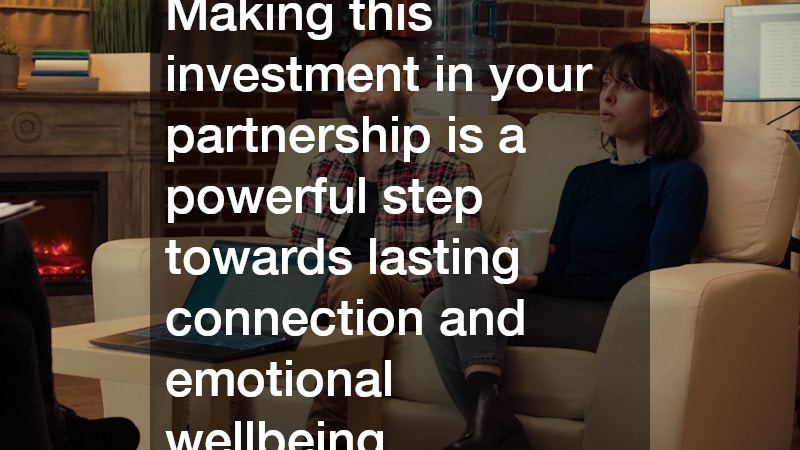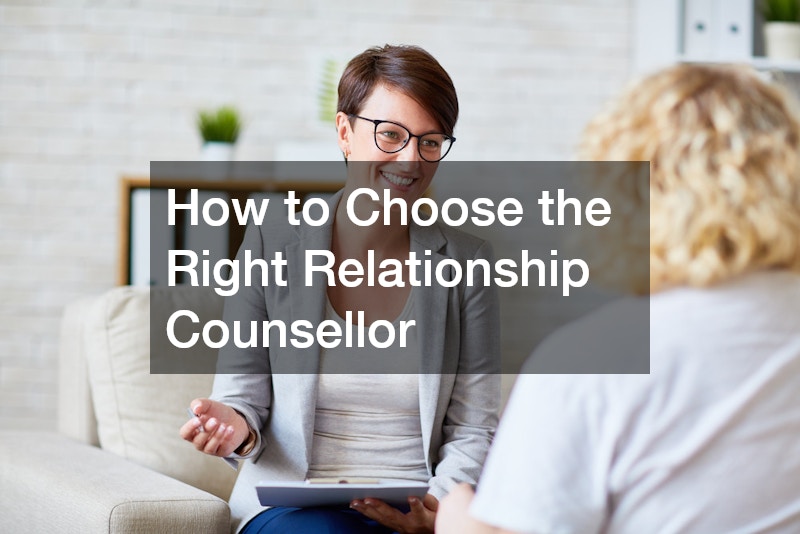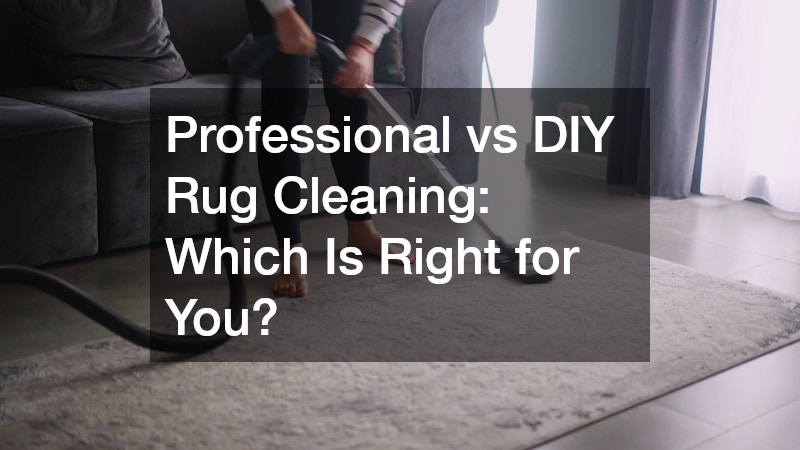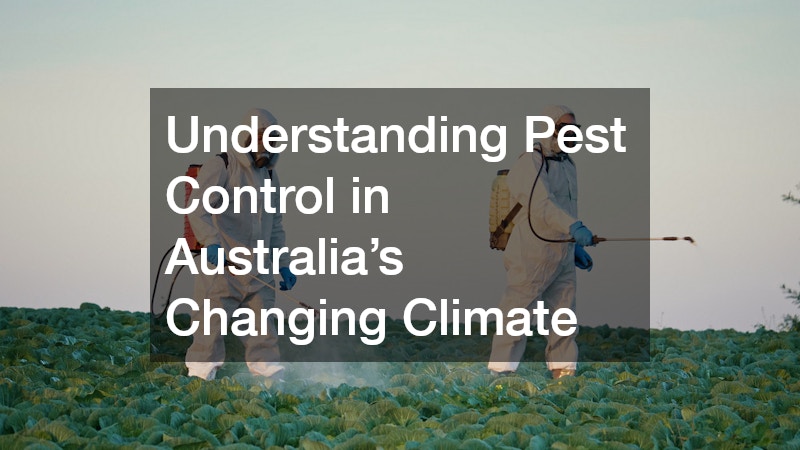Navigating challenges in a relationship is never easy, but seeking professional guidance can offer clarity, support and a constructive path forward. Choosing the right relationship counsellor is a significant step that can determine the direction and effectiveness of your counselling journey. With so many professionals offering services in this space, knowing what to look for and how to evaluate potential counsellors can make all the difference in achieving a positive outcome.
Understand Your Goals & Needs
Before embarking on the search for a relationship counsellor, it’s crucial to identify what you hope to achieve through counselling. Are you and your partner facing communication breakdowns, trust issues, intimacy concerns or parenting disagreements? Or perhaps you’re contemplating separation and need support navigating this complex transition.
Different counsellors may have particular areas of expertise, so knowing your specific needs will help narrow your options and ensure you select someone equipped to handle your unique situation.
It’s also important to assess whether you’re looking for short-term advice or long-term therapy. Some couples seek guidance to resolve a particular conflict, while others may need ongoing support to work through deep-seated emotional patterns. Having a clear understanding of your expectations will guide you in finding a counsellor whose methods and approach align with your goals.
Research Qualifications & Accreditation
In Australia, relationship counsellors come from diverse professional backgrounds, including psychology, social work and counselling. It is essential to ensure that the professional you choose holds relevant qualifications and is registered with a recognised accrediting body such as the Australian Counselling Association (ACA) or the Psychotherapy and Counselling Federation of Australia (PACFA).
These organisations uphold ethical standards, ensure continuing education and provide mechanisms for addressing complaints. A qualified relationship counsellor should also have specific training or experience in couple’s therapy. Don’t hesitate to ask about their educational background, ongoing professional development and how many years they’ve been working with couples. This due diligence helps guarantee that you’re entrusting your relationship to someone credible and experienced.
Consider Their Therapeutic Approach
There are several therapeutic models used in relationship counselling, each with its own set of techniques and theoretical foundations. Common approaches include Emotionally Focused Therapy (EFT), the Gottman Method, Cognitive Behavioural Therapy (CBT) and narrative therapy. While each method has merit, the key is finding a relationship counsellor whose style resonates with you and your partner.
Ask prospective counsellors to explain their approach and how they typically structure sessions. Some may focus heavily on communication exercises, while others may delve into underlying emotional triggers or family history. Understanding their methods will give you insight into whether their approach is a good fit for your personalities and the nature of your relationship issues.
Look for a Comfortable Connection
One of the most important factors in the success of counselling is the level of trust and comfort both partners feel with the counsellor. The right professional will create a safe, non-judgemental space where both individuals feel heard and respected. During your initial consultation, pay attention to whether the counsellor demonstrates empathy, neutrality and active listening.
If either partner feels dismissed or criticised, it can undermine the effectiveness of the sessions. Good relationship counsellors are skilled in managing conflict, balancing differing perspectives and maintaining impartiality. It may take a session or two to evaluate this dynamic, but your instincts often provide valuable guidance.
Evaluate Practical Considerations
While therapeutic compatibility is paramount, practical elements also influence the decision-making process. Location, availability and session fees can impact the sustainability of ongoing counselling. Choose someone whose office is conveniently located or who offers virtual appointments if travel is an issue.
It’s also worth enquiring about session frequency, cancellation policies and whether they accept private health insurance or offer sliding scale fees. Making sure these logistics align with your schedule and budget will help minimise stress and enhance your ability to commit fully to the process.
Seek Recommendations & Reviews
Word of mouth remains one of the most trusted ways to find a reputable relationship counsellor. Consider asking friends, family members or your GP for referrals. Online directories and review platforms can also provide helpful insights into a counsellor’s reputation, approach and client satisfaction. Reading testimonials or client feedback can offer a glimpse into what you might expect and help you identify recurring themes, both positive and negative.
However, remember that counselling is a deeply personal experience, and what works for one couple may not work for another. Use recommendations as a starting point, but be sure to assess your own comfort and connection with the professional before making a final decision.
Don’t Be Afraid to Make a Change
Even after careful selection, you may find that a particular counsellor isn’t the right fit. That’s entirely normal and should not be viewed as a failure. If progress feels stagnant or you and your partner feel increasingly misunderstood or uncomfortable, it may be time to consider another professional. Your relationship deserves the best possible support and it’s okay to explore different options until you find someone who meets your needs effectively.
A qualified and empathetic relationship counsellor can be instrumental in helping couples rediscover understanding, rebuild trust and grow stronger together. By being mindful of your needs, doing thorough research and remaining open to change, you can find the right counsellor to support your relationship journey. Making this investment in your partnership is a powerful step towards lasting connection and emotional wellbeing.
.




